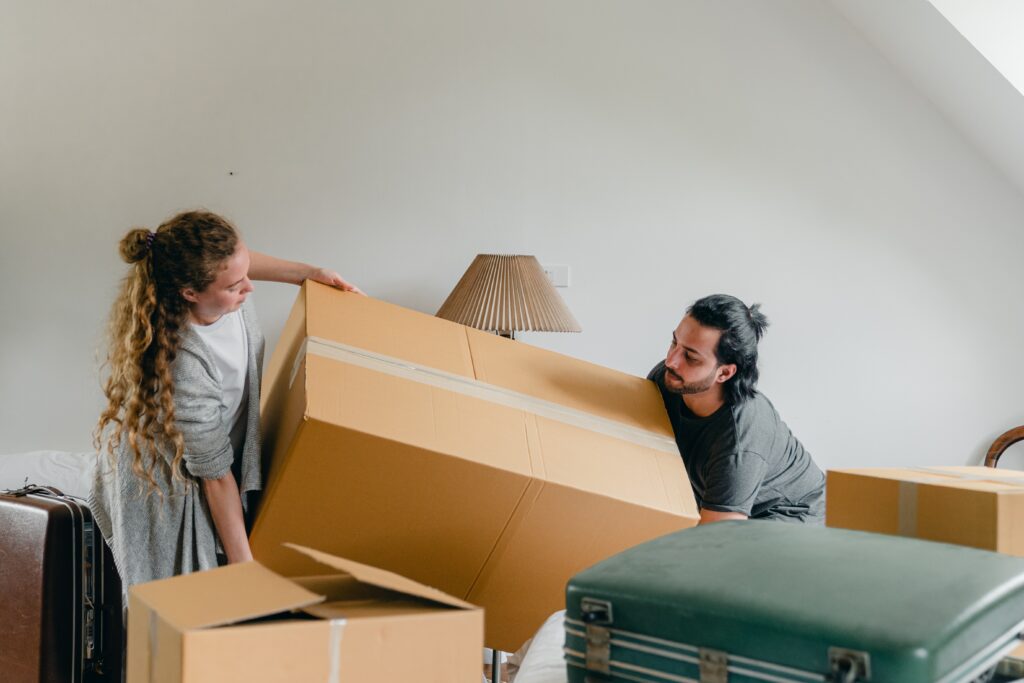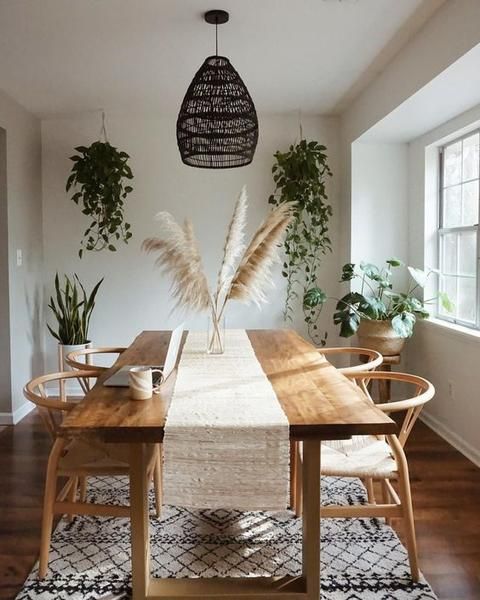If you are a first time HMO Landlord or even an experienced Landlord it is important to keep up with HMO regulations and ensure you are up to date. It is also important you keep your voids (empty rooms) as low as possible.

Ensure your property is suitable for the tenant you are looking for
Different locations and properties can be more suitable for different tenants, for example if your property is close to a university you can include useful additions to rooms/common areas such as USB plugs or desks/desk chairs in each room to help create a good working environment when your tenants are doing their assignments.
So ensure you are clear who you are going to be looking for and what they will be looking for when searching for a room.
Decide where you will market your property
Marketing your property is an important part of your investment process, if your property is not seen by the correct people your rooms could be empty for a very long time.
You have 2 routes to choose from:
- Speak to a lettings agent – they will have experience in marketing HMO’s and will know how to get your rooms seen online and through other forms of marketing
- Market the property yourself – If you would like to try and fill the rooms in your property yourself there are certain websites and marketing platforms that you need to know about.
- Spareroom; a house share marketing site
- Gumtree; ads are relatively cheap to publish here
- Facebook tenant groups in your area; people use these groups everyday to look for available rooms.
- If you are a student landlord speak to the university and see if they have any avenues that they use for their students to aid them in finding rooms.
A lettings agent has the advantage of using popular sites such as Rightmove and Zoopla. These sites are unfortunately quite expensive so for one property would not make sense financially.
Staging your property and ensuring viewings show the tenant the best of the property
Staging your property is simply making your property look and feel like a home, adding sheets to the beds, adding plates and cutlery to a dining table. These sound like small things but they can help a potential tenant to imagine themselves living in the property much more easily.
Viewings are a huge part of the tenanting process, ensure you know the key features of your property and show these to the tenant. Also any unique features can make your property more memorable; it is likely the tenant has multiple viewings before and after you.

COMPLIANCE
Insurance
Landlord insurance is a growing area, with an increasing number of specialist policies covering a range of products from building insurance, contents, legal protection, rent loss and appliances. Having the correct insurance is vital and not being adequately protected could be disastrous.
Safety requirements
Before letting your property ensure these safety requirements are met:
- PAT testing
- Gas Safety Certificate
- Fire Risk Assessment
- Fire equipment and alarms are all tested/up to date
- Legionnaires disease
HMO License
You will need to ensure you have a HMO license to rent your rooms out individually. These are granted by your local council. It is easy to find how to apply simply search ‘your local council name HMO license’ on google.
Deposit protection
If you are going to take deposits from your tenants (we recommend you do) then you will need to register these deposits with the DPS. They will hold this deposit and help you to claim this if there is damage to the room.
https://www.depositprotection.com/

Check ins & check outs
Conducting a proper check-in and check-out is essential. These should include a full inventory check, condition report check and a full set of dated digital photographs. If the landlord and the tenant can’t agree on what the tenant may be liable for at the end of the tenancy then the check-in and check-out evidence is the only way the landlord can prove their case. In contested cases, TDS adjudicators start from a position of ‘the money belongs to the tenant’ and it’s up to the landlord to prove otherwise

